
George Orwell is the pen name for Eric Arthur Blair. You’ve probably heard of his most popular books, 1984 and Animal Farm.
Who is George Orwell?
George Orwell was born in 1903 in India but was raised and educated in England. He served in the Burma police force before returning to England on medical leave, where he decided to start writing. While he wrote on the side, he made his living in hotels and restaurants as a plongeur, someone who does the washing up, and he travelled and wrote. He published his first books under his pen name, which was inspired from the king’s name and from the River Orwell.
He later worked as a private school teacher and then a bookseller while he continued to write. He fought and was wounded in the Spanish Civil War, and he worked as a journalist and for the British Broadcasting Corporation during the WWII.
Orwell’s work has affected both popular culture and politics, and he coined many phrases that people use today, such as “Big Brother,” “Newspeak,” “doublethink,” “thoughtcrime,” and “Thought Police.” The word “Orwellian” has even been added to the dictionary as an adjective to mean dystopian or authoritarian coupled with lies.
George Orwell Books
Here are the books Orwell wrote, in order of publication:
Nonfiction
1933: Down and Out in Paris and London
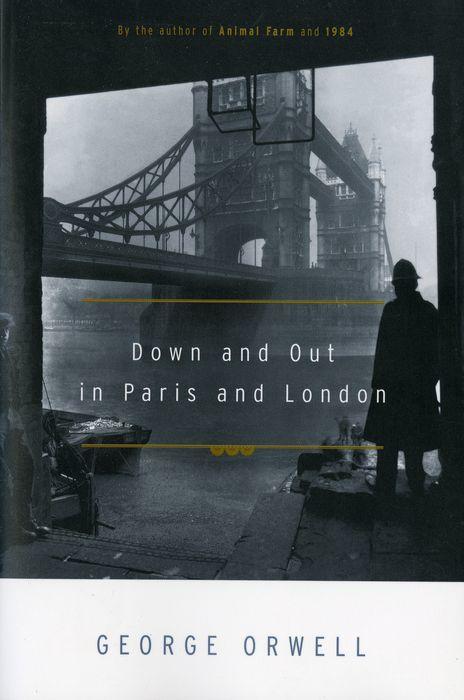
This book tells of Orwell’s time in Paris, where he worked as a plongeur at Hotel X, and in London. Orwell recounts his London tramping exploits with a cast of colorful characters and a mix of accommodation in the darkest and poorest areas of the cities, and he comments on everything from diet to language. He speaks on social injustices, poverty, and the cruel nature of society that many do not have to see and usually ignore.
1937: The Road to Wigan Pier
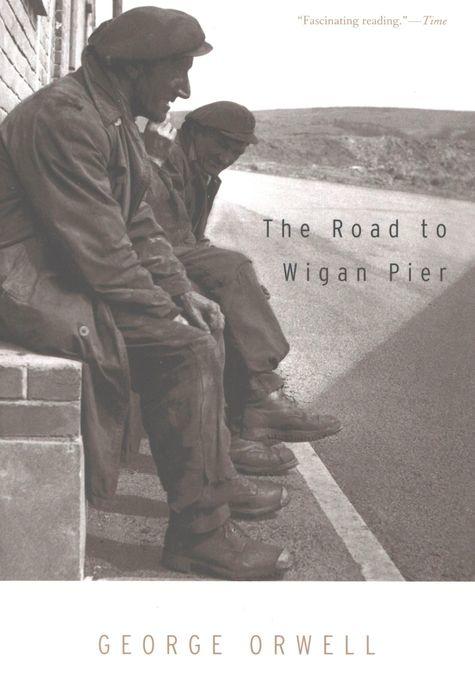
Orwell journeyed to Wigan between January and March 1936, and this book chronicles his travels. The first part is a report of his travels and accommodations, while the second part is an attack on socialism, his first foray into the subject.
1938: Homage to Catalonia
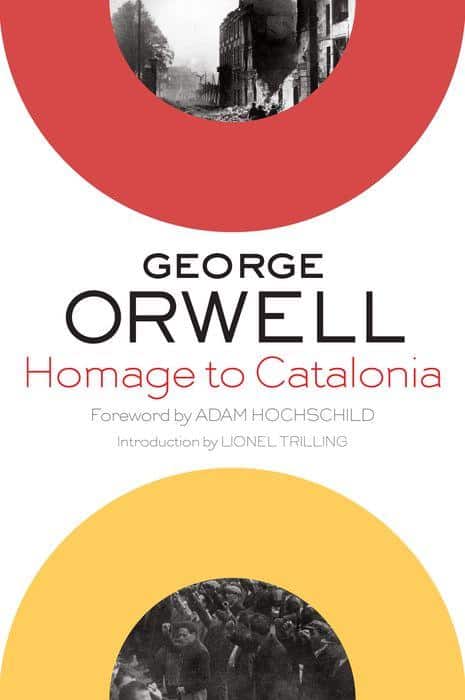
Orwell’s experiences fighting in Spain turned him decisively against Soviet communism, resulting in this book that describes Orwell’s time fighting in the Spanish Civil War. The book’s criticisms of the Communists proved controversial at home, and his usual publisher would not publish it.
Fiction
1934: Burmese Days
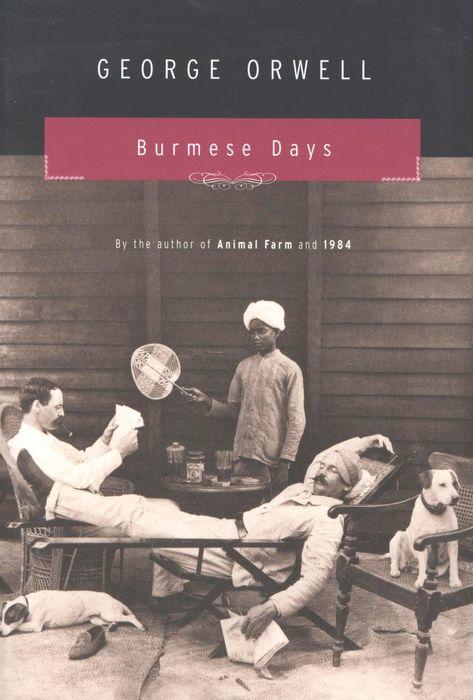
John Flory is a timber-merchant in 1920s Burma. Disillusioned by imperial life at the European Club, hope arrives in the female form of Elizabeth Lackersteen. Meanwhile, the magistrate U Ko Phin sets out to smear Dr Veraswami, Flory’s best friend.
1935: A Clergyman’s Daughter

Dorothy Hare has an attack of amnesia takes her into poverty, a police cell, and employment at a school for girls. The scenes in the book are taken from Orwell’s own days and nights of wandering and teaching.
1936: Keep the Aspidistra Flying
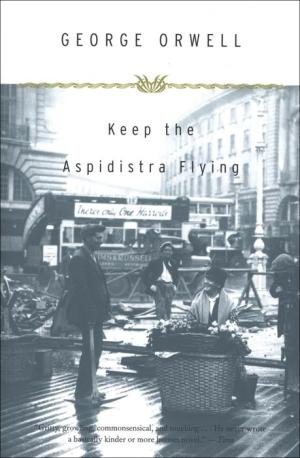
Gordon Comstock, a frustrated poet and embittered bookseller’s assistant, grapples with rejecting money-worship and a steady job in advertising, and poverty and the dulling of his creativity. He rails against what the “money God.” Will Gordon rebel against his unwanted job in advertising and the aspidistra, that totem of lower middle-class respectability, so he can pursue his dreams? This story is based loosely on Orwell’s own experiences of writing life and working at Westrope’s Bookshop.
1939: Coming Up for Air
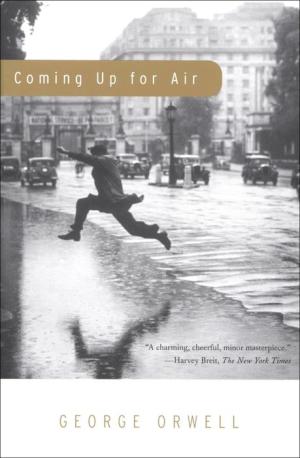
It all began the day when he got his new false teeth. George Bowling, a suburban insurance salesman, escapes London and an insidious sense of impending war to return to Lower Binfield, his childhood home near the Thames. This book was written in 1938 and reflects the pre-war anxiety of the time.
1945: Animal Farm
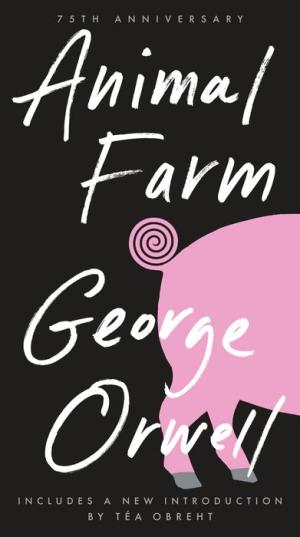
A group of human-like animals on a farm rebel against their owner, Mr. Jones. Two pigs, Snowball and Napoleon, lead the successful revolution, but before long, Snowball is ousted, and Napoleon’s rule becomes just as tyrannical and dangerous as the farmer’s. An allegory on the Soviet regime, Animal Farm was rejected by a series of publishers and, after it was published, was banned in the Eastern bloc
1949: 1984
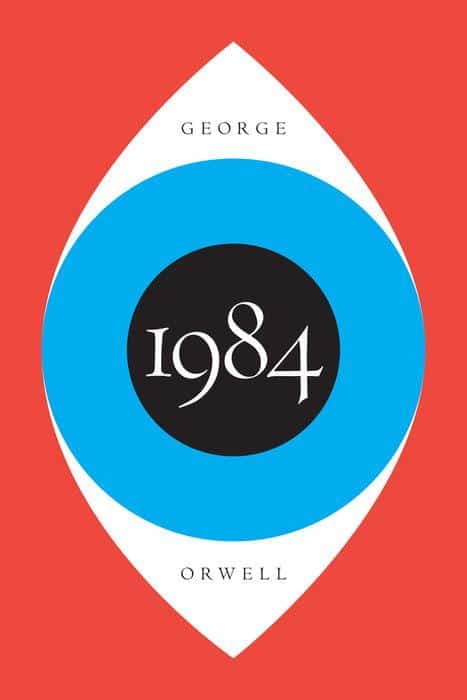
A satire on totalitarianism, 1984 is a testament to the potential power of modern political systems. The story follows Winston Smith, who rewrites Times editorials at the Ministry of Truth to suit the Party’s version of events. The government constantly watches people and even attempts to control thoughts by rewriting history and changing language to remove rebellious words. Winston rebells against the system by having a love affair and reading a banned book, but it’s only a matter of time before he is caught . . .
Orwell wrote 1984 while he was dying of tuberculosis, which medical experts theorize led to the novel’s ragged, almost hallucinogenic quality.
Have you read any of George Orwell’s books? Which one is your favorite and why? Let us know in the comments below!
Happy reading.




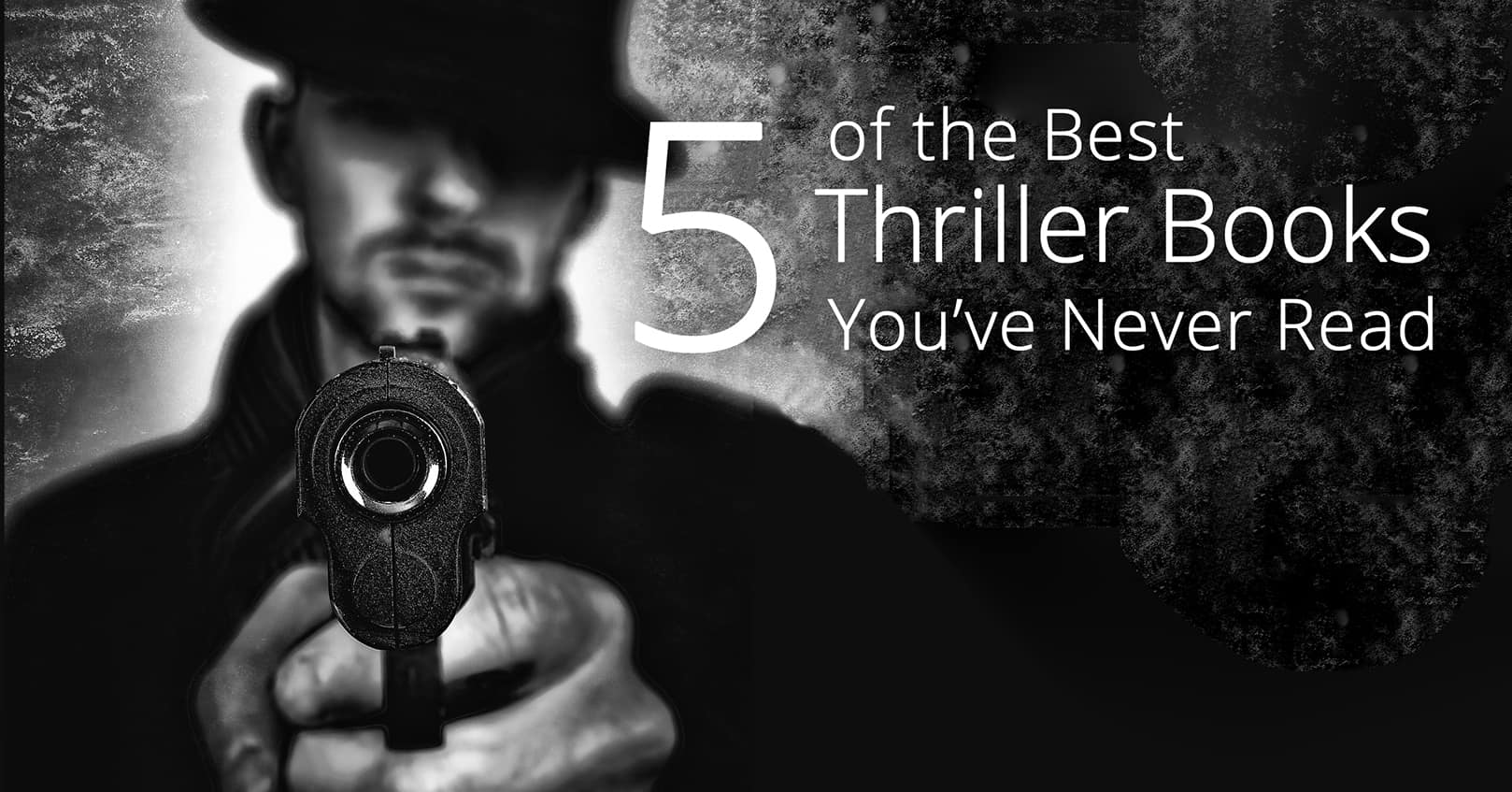










I have read;
Down and out in Paris and London and
Homage to Catalonia